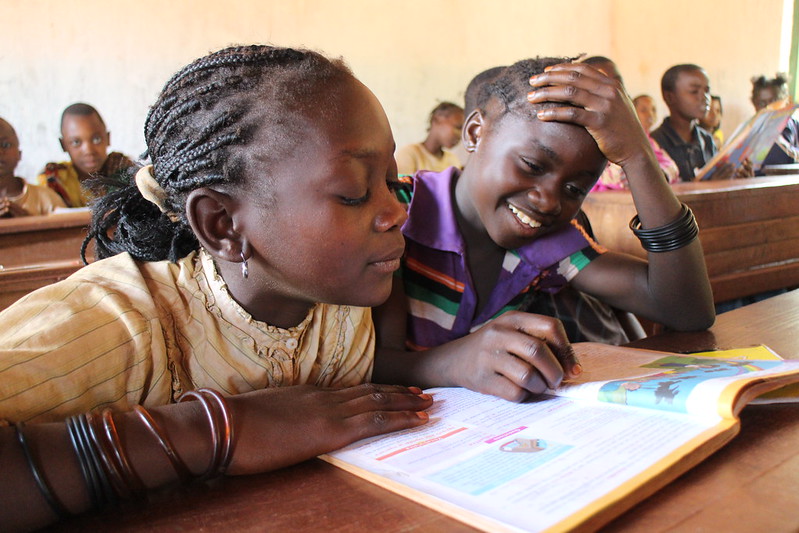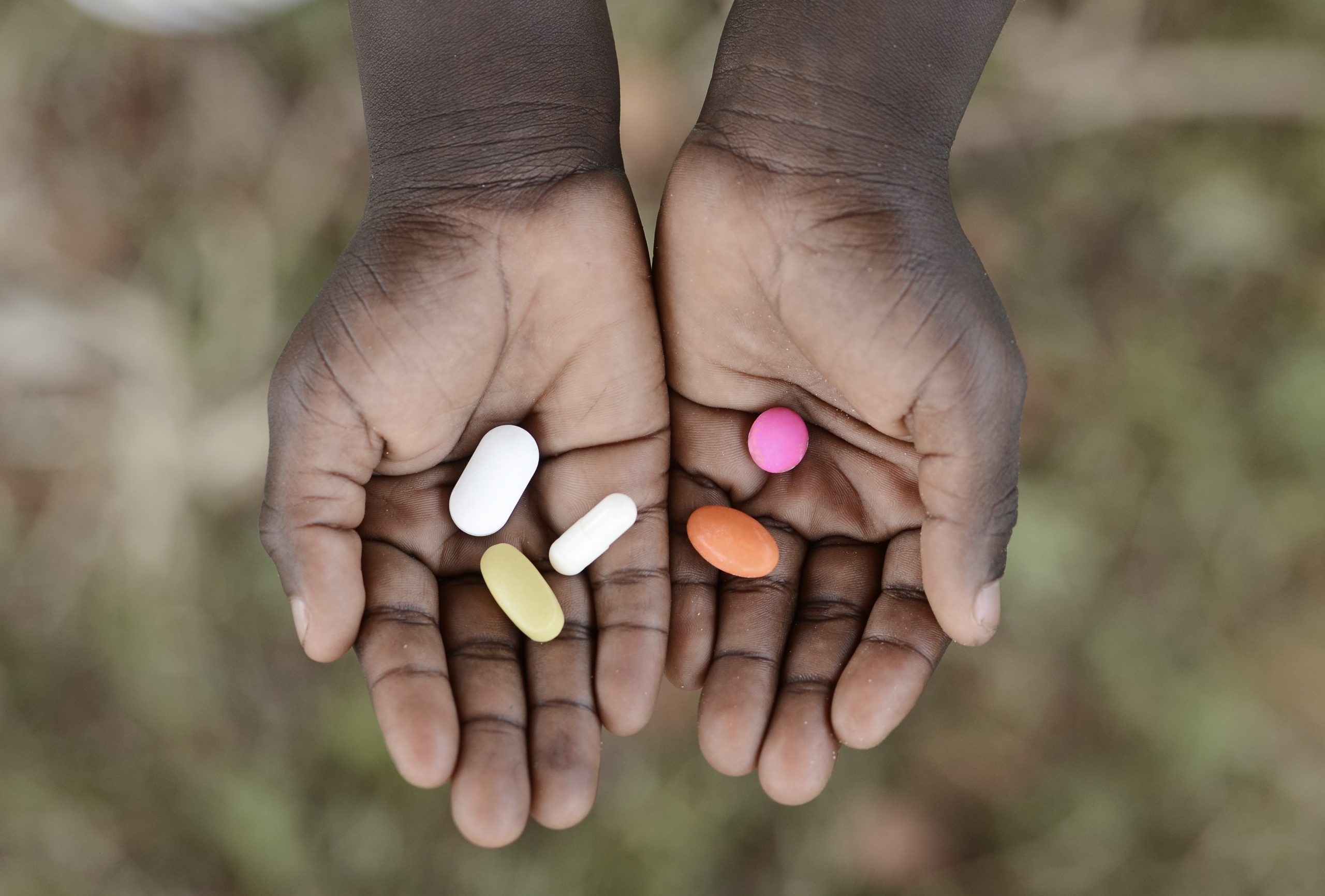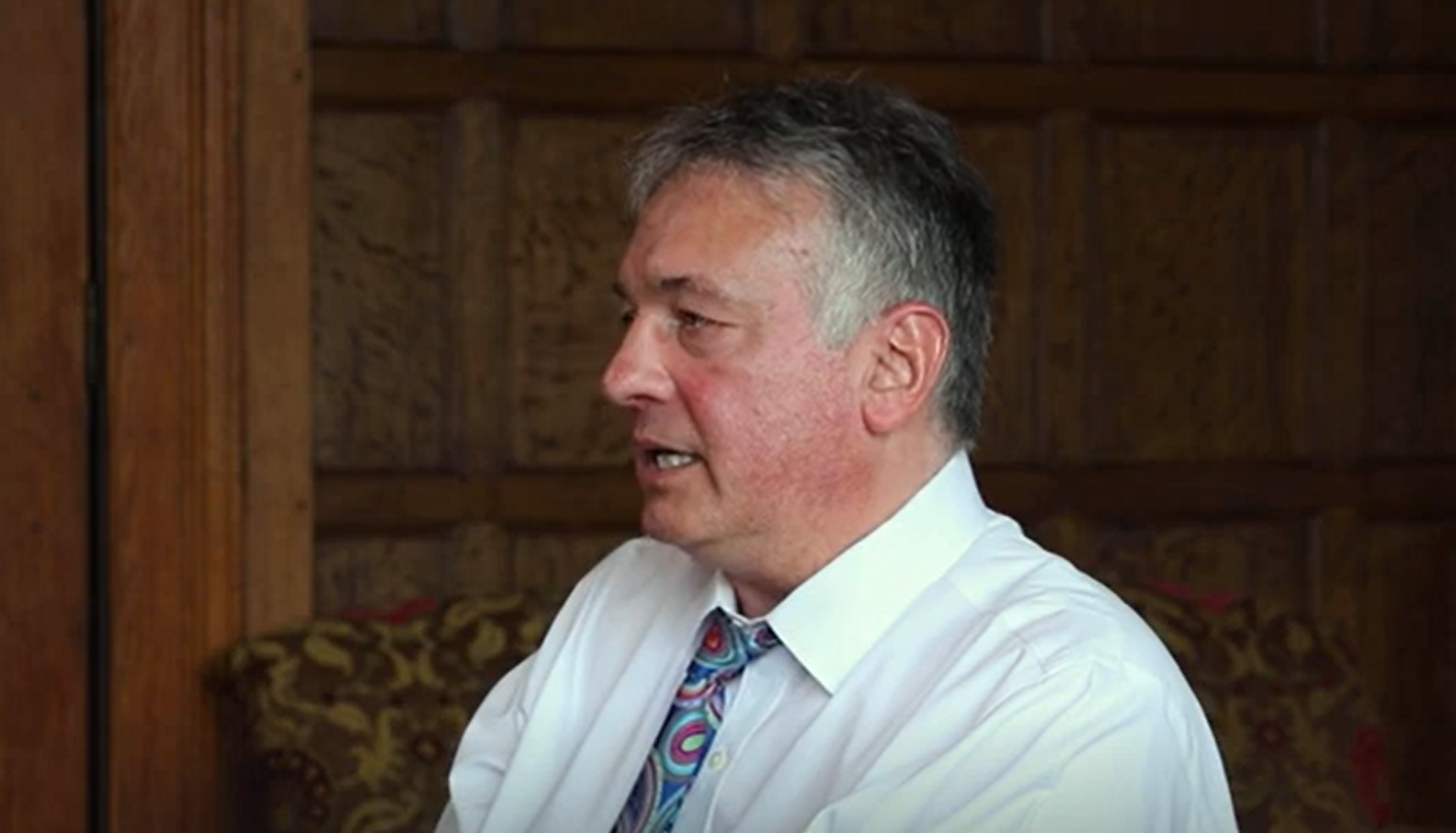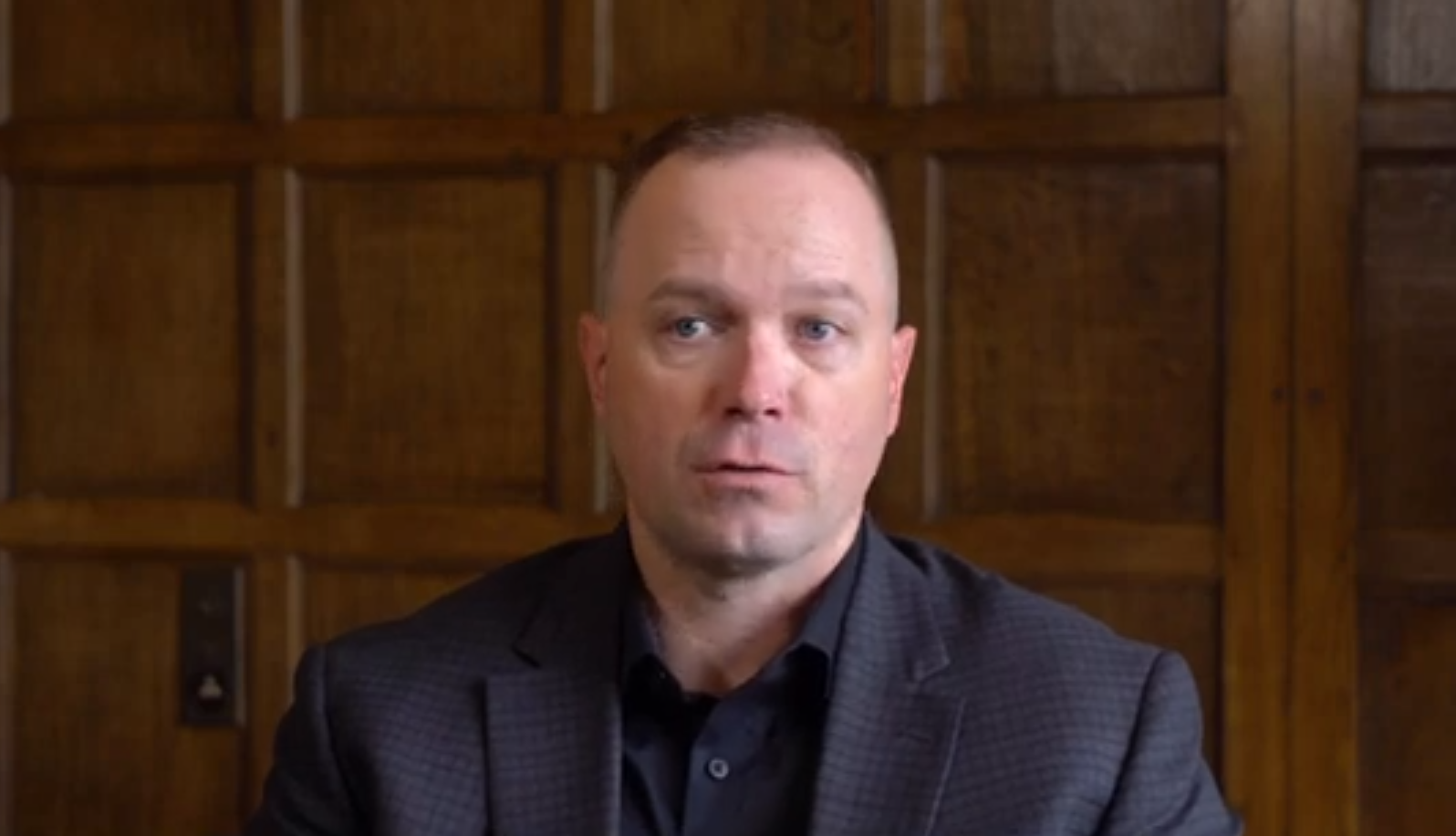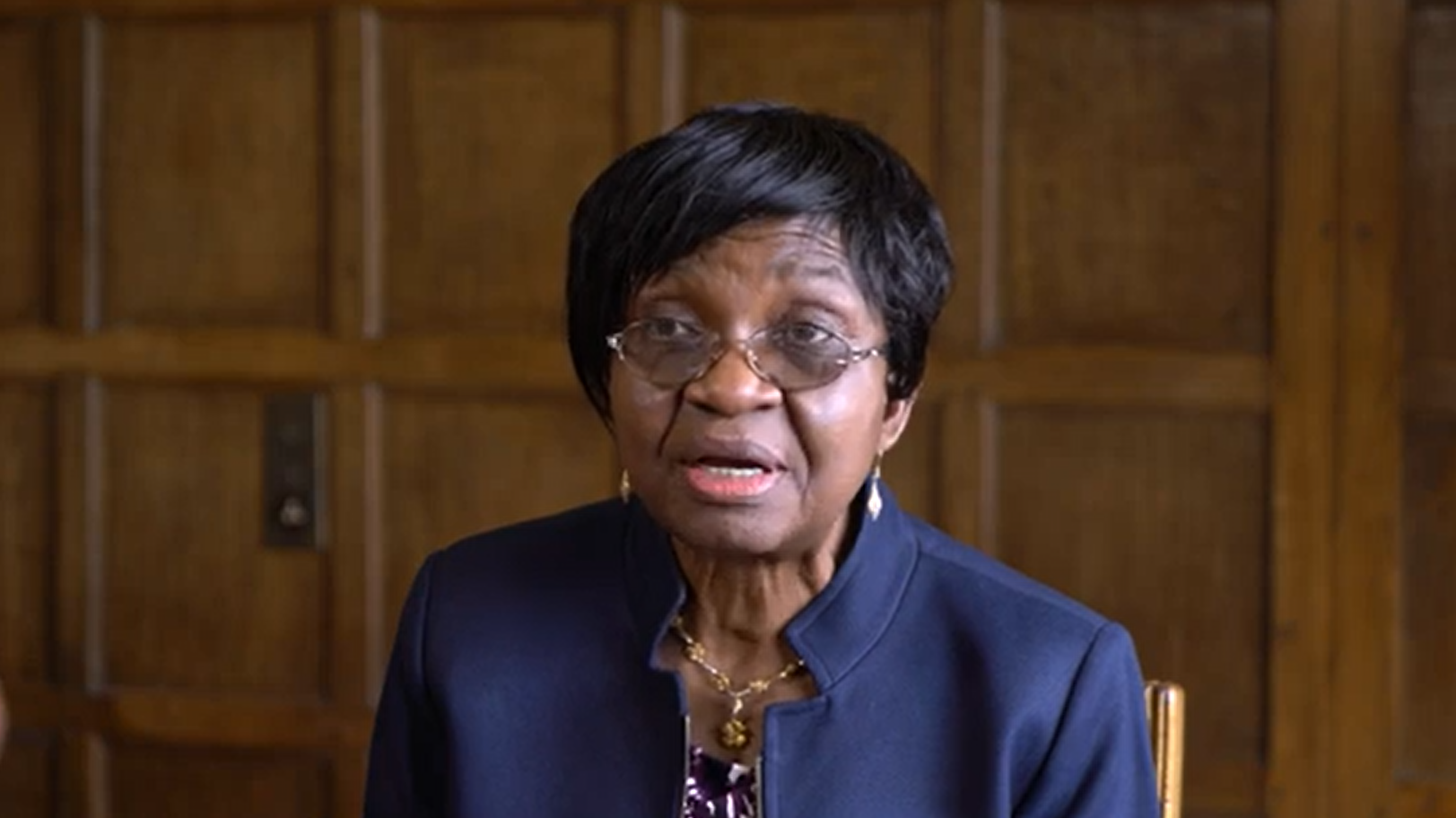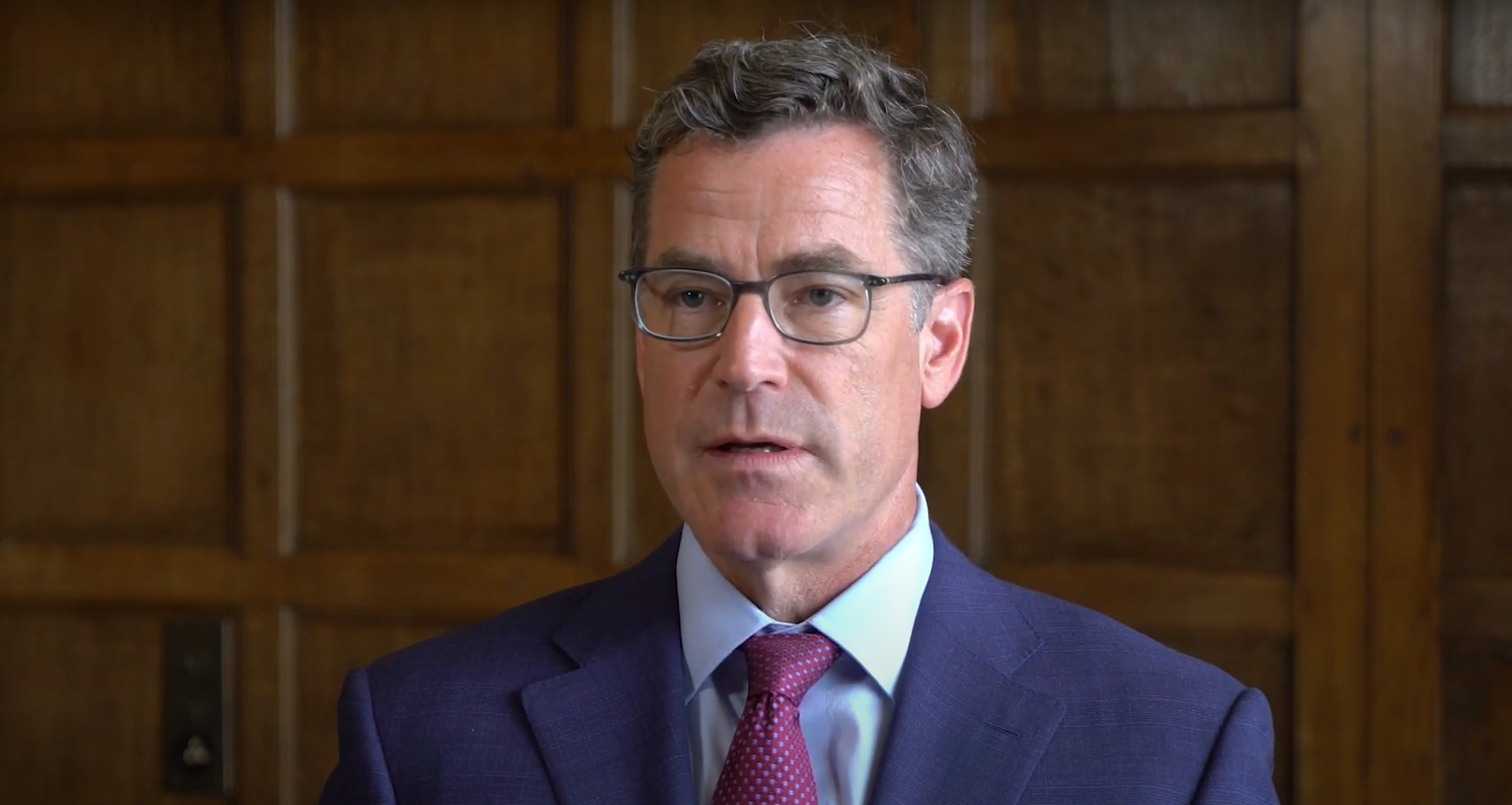Whilst people in many countries are living longer, they are not necessarily living healthier lives. Changes in societies have contributed to improved health but have also caused many challenges and risks to people’s health and well-being. Economic development has raised hundreds of millions of people out of poverty but is also driving many societal changes with less positive health impacts e.g. less healthy food, less physical activity, more air pollution, more stress and mental illness, with the burden of disease shifting towards NCDs. Economic and social inequities also drive inequities in health outcomes, which are widening in many countries. New challenges to health are rising including through climatic changes and for example the impact of excessive heat or temperature extremes, or lack of water.
The World Health Organization has committed to the ‘triple billion’ goals, with the aim of providing a further billion people with better health and well-being (in addition to ensuring that a billion more people have universal health coverage and protecting a billion more people from health emergencies). What would better health and well-being look like? What are the societal determinants and surrounding factors that enables healthy society and population levels? What will this mean in practice, for example in systems and societal change? How can this be achieved? What are the potential co-benefits between actions for our climate and people’s health?
This Wilton Park dialogue, in partnership with the Swedish Ministry of Foreign Affairs, will bring together senior leaders and experts from a wide range of organisations and interests – including those focused primarily on health, climate, food, urban planning, consumers and the private sector for a global conversation to identify ways to build healthy societies and therefore healthy populations.
Agenda 2030 sets an ambitious agenda for health (SDG3), and through the interdependent 17 SDGs demands a radically different and holistic approach. The goal is healthier lives and wellbeing for all not merely survival.
Innovative approaches will be needed to boost healthier populations and societies if the goal of ensuring a further billion people are healthier as defined by WHO is to be met. To address the main risk factors behind the rapid escalation of NCDs, mental health and other causes of ill-health and early deaths such as the threats caused by Anti-microbial resistance, systemic change will be needed through collaboration between leaders and experts well beyond the traditional health sector.
This Wilton Park dialogue will convene a specially invited group of experts and leaders to provide thought-leadership and suggest policies that could be adopted globally.
Questions to address include some of the factors to be focused on including, addressing social, economic and environmental determinants of healthy societies, promoting multisectoral approaches for better health and prioritising health in policies and healthy settings. Equally, understanding better the dynamics between people’s growing demand for health, commercial factors and political decisions. How to transform societal health, and leverage institutions and incentives the different actors who shape citizens’ health, and empower the citizens themselves to make healthier choices.
The outcome of the conference could potentially both advise the continued work by WHO and potentially lead to an agreement on the need for more analytical and policy work on this theme e.g. by the establishment of a Commission of Healthy Societies for Healthy People.



